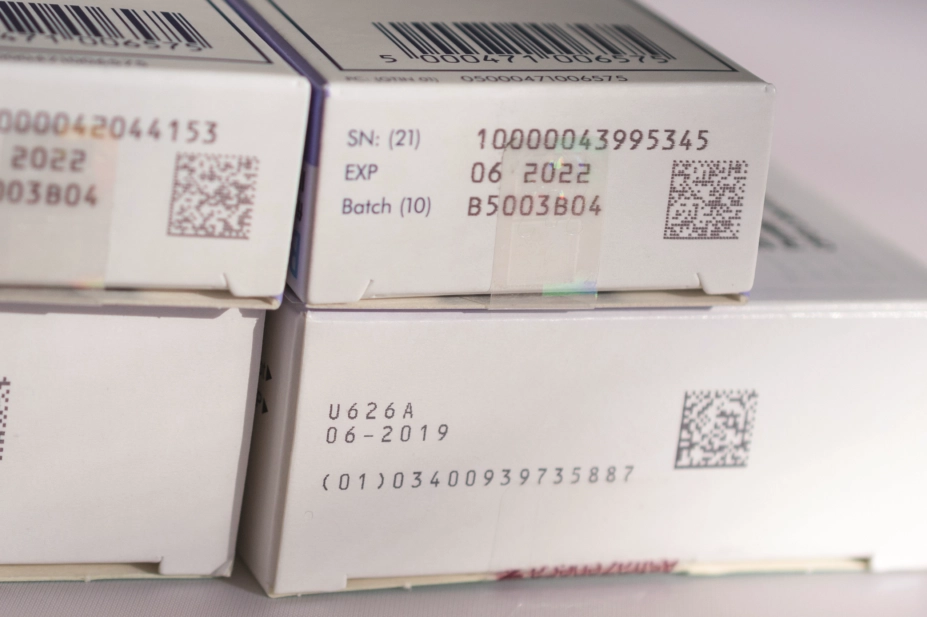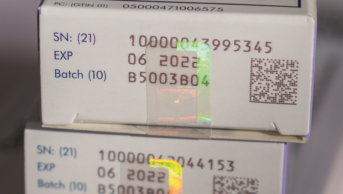
Jonathan Buisson
Falsified Medicines Directive (FMD) suppliers have warned that pharmacies who wait until the last minute to purchase hardware could have to pay more, and may not receive their kit in time to comply with the regulations on implementation day.
The EU-wide legislation comes into force on 9 February 2019, and suppliers from the list provided by the UK FMD Working Group for Community Pharmacy have warned that last-minute buying could cause problems for independent community pharmacies.
“There’s a risk that companies in mainland Europe will call in the hardware required to fulfil their needs locally, and this will increase lead times for those [in the UK] leaving FMD planning until the last minute,” said Neville Fitzgerald, head of pharmacy integration at FMD I.T. Ltd.
“Our team has been meeting clients for over six months, and the people we see are now saying: you’re right, FMD is actually happening. There is a risk that as stock depletes, as people now accept the reality of FMD, that the timescale to get hardware delivered to pharmacies will go from two to six weeks.
“Or the manufacturers may put the price up. Companies like ours have no control over either of these factors.”
A survey carried out by The Pharmaceutical Journal in December 2017 found that 58% of respondents were worried about the cost of becoming FMD compliant, which involves buying the units needed to scan every pack of medicine the pharmacy receives and dispenses, and connect to the UK Medicines Verification System.
Alan Birrell, UK account director for Optel Ltd, said he expected “a flurry of activity” in the market as February 2019 gets closer. Like Fitzgerald, he warned that “across Europe there will be some capacity issues both to train and deploy, and provide equipment”. While sales of Optel Certa software are increasing, he said, “there are still pharmacies who are not prepared and there is still lobbying to delay FMD until funding is made available”.
Andrew de Bray, product marketing director at FMVerify, said that its own market research showed that rather than actively seeking FMD solutions, most pharmacies were waiting for their patient medication record software providers to offer an FMD solution.
De Bray said that FMVerify currently does most of its FMD business with wholesalers and distributors: these organisations, he said, “are more proactive and more in need of a solution they can tailor to their business”.
Gian Celino, product director at Cegedim Rx, acknowledged the lack of clarity around funding for FMD compliance. “We know that there will be a financial impact to FMD, but it is very difficult for us to understand the full scope at the moment. As we gain a better understanding we will inform our customers, but there is a distinct possibility that we may not fully understand all of the costs until well into 2019.”
Gareth Jones, head of corporate affairs at the National Pharmacy Association, recognised the uncertainly that Brexit brings over the Directive’s future, but said that “even if the UK is outside of FMD, in the future it’s likely there will be something similar in place anyway”.
“Our advice is to get ready, but avoid signing any long-term contracts,” said Jones. “We’re hopeful the [Pharmaceutical Services Negotiating Committee] and its counterparts in the devolved nations will negotiate reimbursement. The costs of regulatory burdens should be a matter for governments.”


